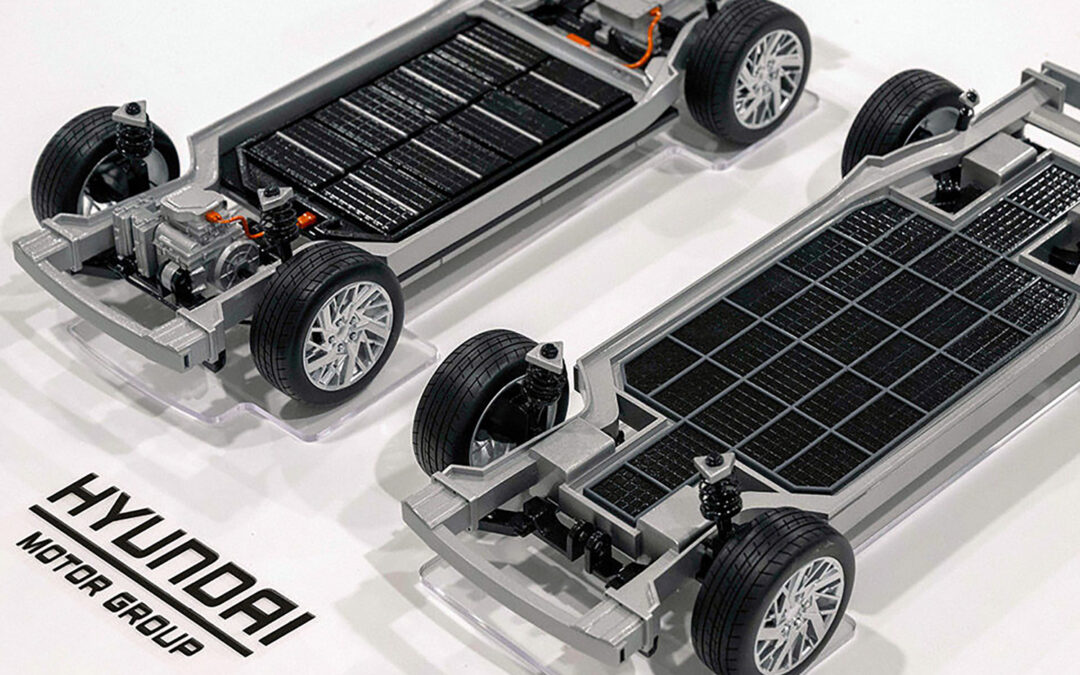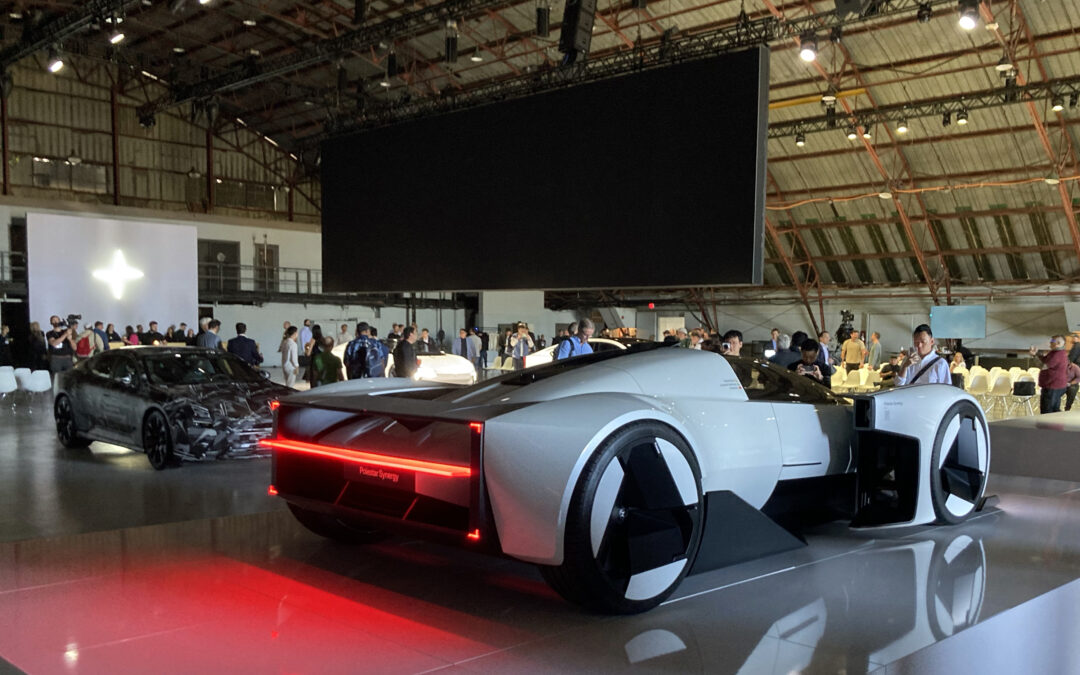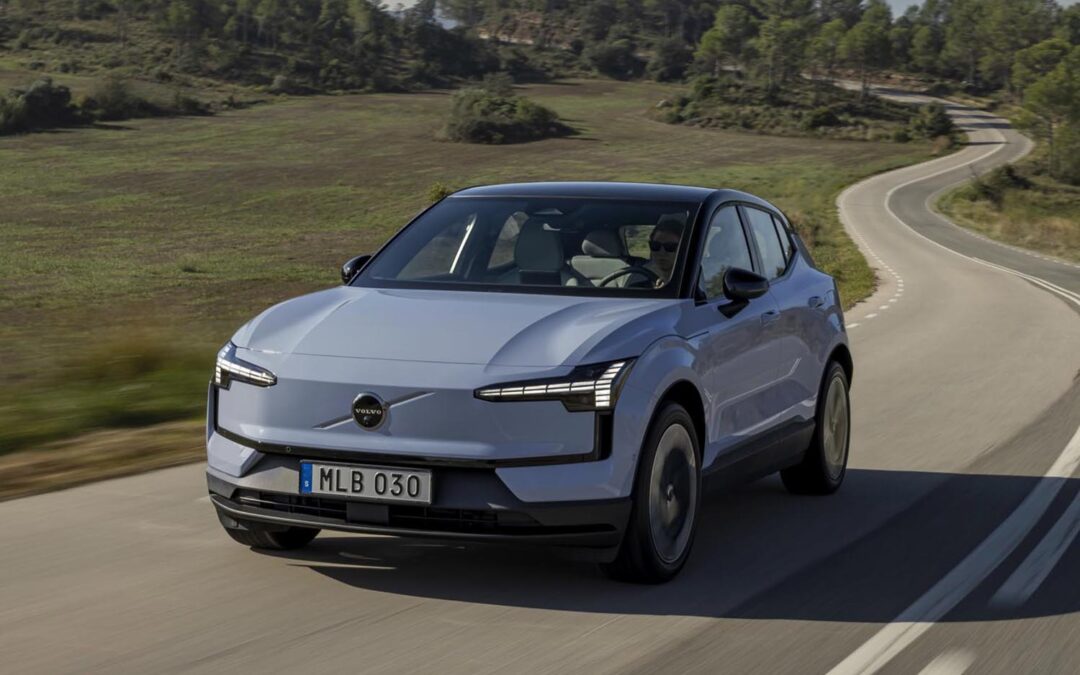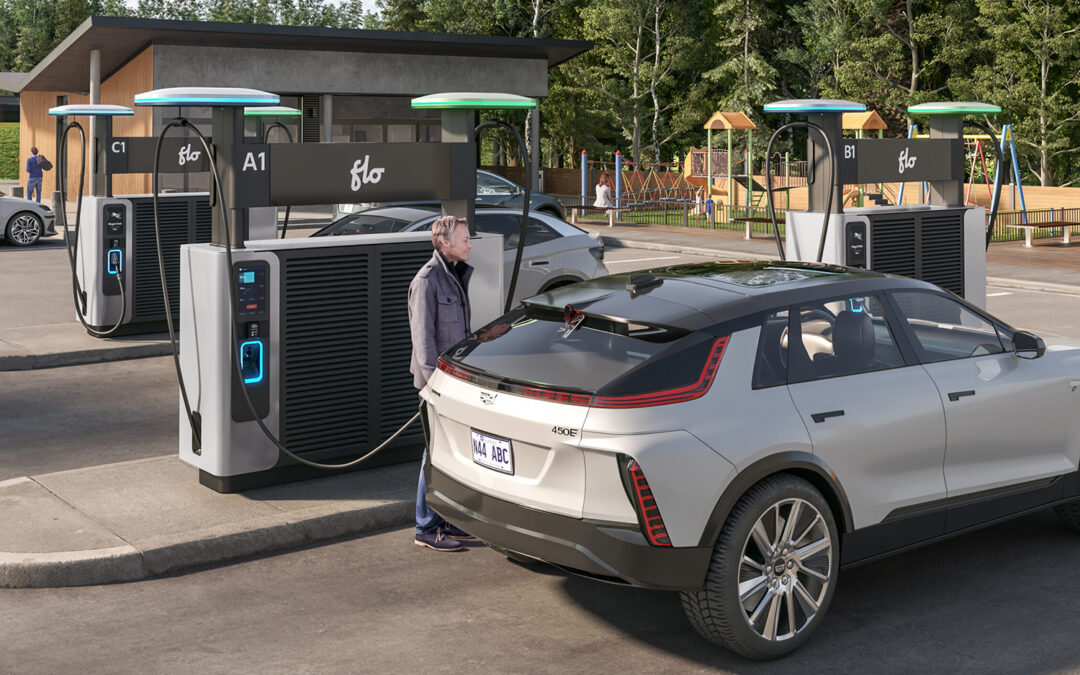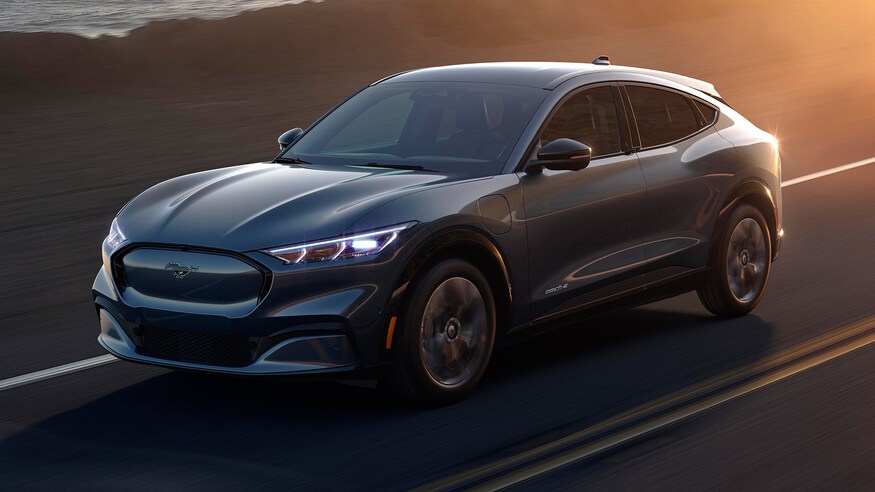Volvo Canada’s product line-up will be made up exclusively of hybrid, ‘mild-hybrid’ and battery electric vehicles from 2023 onwards.
Following a similar move by its US counterpart last month, Volvo Canada’s 2023 line-up, already in production, will feature the all-electric XC40 Recharge SUV and C40 Recharge crossover. Alongside this, the Swedish marque, which aims to offer only purely electric vehicles from 2030 onwards enroute to full carbon neutrality by 2040, will also boast electrified examples of the XC40 and XC90 SUVs, and the V60 and V60 Cross Country station wagons, all of which will feature ‘mild-hybrid’ powertrains as standard.
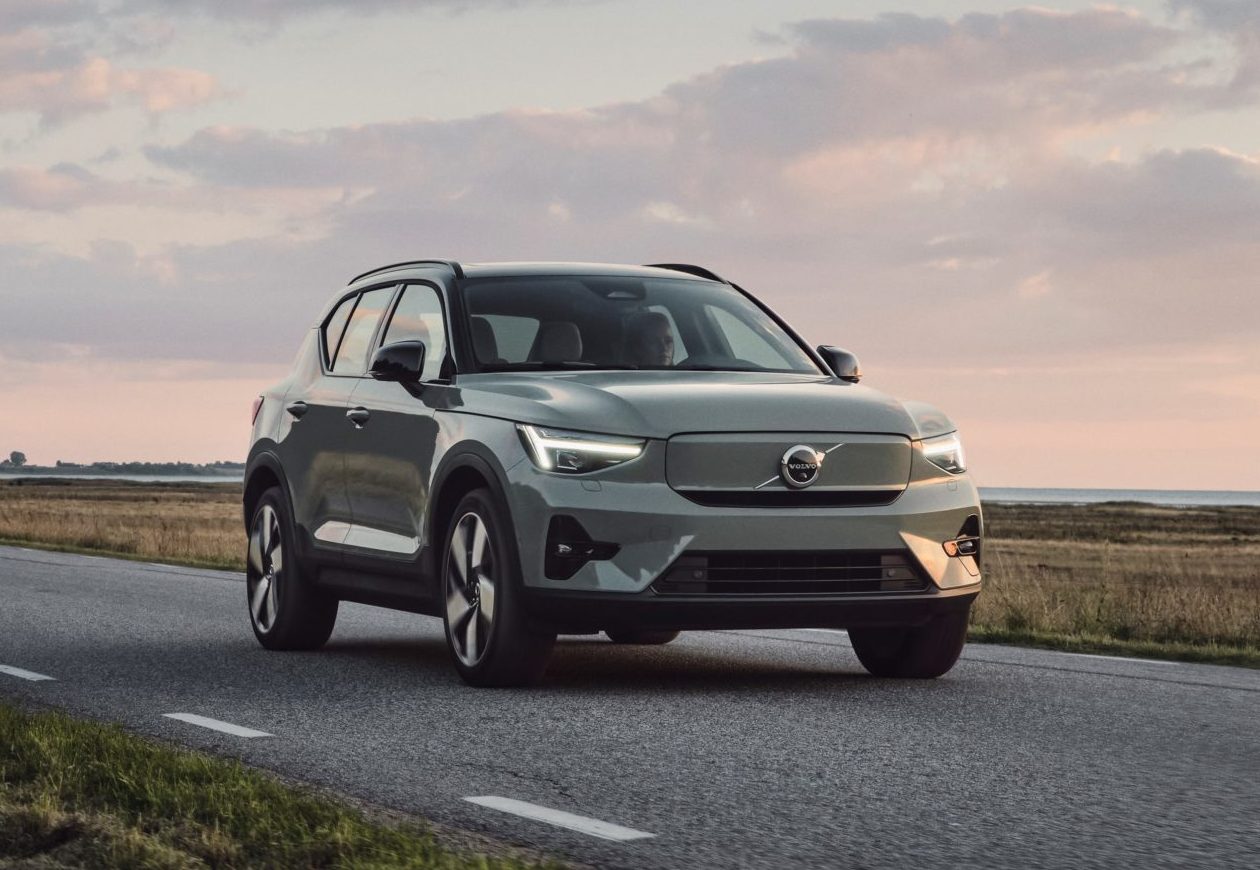
Volvo XC40 Recharge Twin
It should be noted that, rather than an electric motor powering the wheels alongside a naturally-aspirated engine, as in a hybrid model, Volvo’s ‘mild hybrid’ setup – badged as ‘B4,’ ‘B5’ or ‘B6’, depending on capacity – allows a small electric motor to work as a generator to the ICE drivetrain. This electrification consequently allows for greater fuel saving, lower emissions and smoother acceleration, and Volvo also states that its ‘mild-hybrid’ configuration also offers greater efficiency over its outgoing ‘T4,’ ‘T5’ and ‘T6’ generation of powertrains. At no point though does the ‘generator’ power any of the driving wheels directly.
Alongside its 2023 update, Volvo Canada has also released figures from a new ‘Mobility Trend Report,’ which determines that contributing to a greener future – including transitioning to an electrified daily runner – is becoming more important to many Canadians given recent shifts in work routines, increased gas prices and changing family priorities.
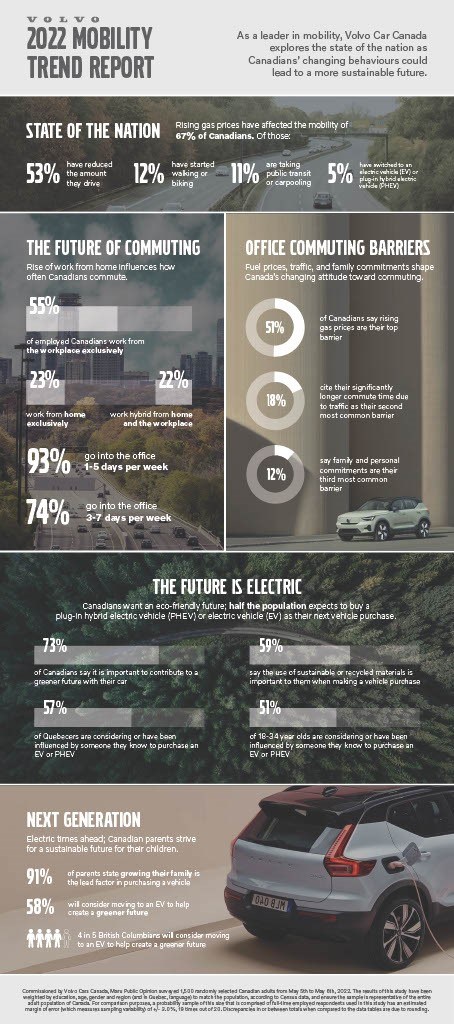
2022 Volvo Mobility Trend Report
The poll was conducted across two days in May this year in British Columbia with 1,500 “randomly selected Canadian adults,” and while Volvo’s claims that the results “shine a spotlight on how Canada’s changing commuting habits are projecting a more sustainable future” should be taken with a pinch of salt, the figures nevertheless make for interesting reading.
Seventy-three per cent of the 1,500 Canadians polled, for example, stated it was important to contribute to a greener future, though the reasoning behind this did vary. Just over half (51 per cent) explained that rising gas prices had actively reduced the amount of time they spent driving, even though just under three-quarters of them (74 per cent) still go to their place of work 3 to 7 days of the week (just 22 per cent work exclusively from home). On top of this, a staggering 91 per cent of those polled agreed that a growing family was the determining factor when buying a new car, although 58 per cent did admit that they would consider making the switch to an electric vehicle.
With fuel prices still on the rise, the workplace routine in transition, and with EVs catering more to the practicalities required for a growing family, Volvo Canada’s commitment to electrification for 2023 does start to make sense.
“Work and commuting routines have been disrupted and some are unlikely to return to what they were pre-pandemic,” Volvo Canada managing director Matt Girgis explains. “We wanted to explore this shift further to identify where that intersects with sustainable practice. As detailed in the Mobility Trend Report, we’re ecstatic to see Canadians increasing affinity for electric vehicles and a move towards more eco-conscious options. As a leader in safety, sustainability, and innovation, we’re proud to be a part of the country’s shift towards more electrification.”

